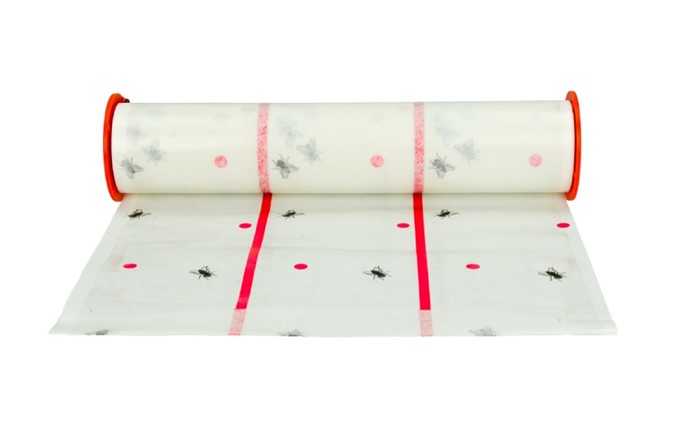Nabiullina spoke about the difficulties of Russian business with the purchase of buttons
Because of the sanctions, Russian garment manufacturers faced difficulties in acquiring sewing accessories, including a shortage of buttons. This was stated by the head of the Central Bank Elvira Nabiullina, speaking in the State Duma. The broadcast was hosted by RBC.
The head of the Central Bank said that the structural restructuring of the Russian economy could take quite a long time, and until then, problems for producers could arise even if production is organized "with a high degree of localization." As an example, she cited the garment industry, which faced a shortage of European accessories.
video
“For example, buttons. They are made in many places. But as enterprises tell us, according to their estimates, the search for new partners, [restructuring] logistics - can take up to several months. The same, for example, with the paper industry: our wood is all Russian, but the bleaching chemicals were imported. Now manufacturers are switching to alternative suppliers, developing their own chemicals, but [this] also takes time. In the food industry, raw materials are domestic, but the usual foreign packaging needs to urgently look for a replacement. And all this takes time,” Nabiullina said.
Nabiullina said there is no threat of default Economics
According to Nabiullina, the main thing is that the process of structural restructuring of the economy has already been launched. “It is structural adjustment that will determine the situation in the economy for several quarters,” she stressed.
“This, in fact, is all economic ties: sales markets, geography of exports, imports, share in the economy of various industries, the degree of localization of production, the level of inclusion in international economic chains and the distribution of labor by sectors, the demand for specialists in certain specialties, the level of manufacturability of production processes and so on and so forth. And almost all of this should now undergo changes, ”the head of the Central Bank explained.
Read on RBC Pro Pro Hostages of micromanagers:why companies are massively returning people to the office Articles Pro Why is it difficult for RUSSIA to sell more in CHINA ArticlesPro How '90s Asos Became the Dot-Com Era's Most Sudden FailureWhat awaits Russian oil and gas Pro Meta* articles in disgrace:What does this mean for business and will a VPN help Articles Pro Turning East:what prevents China from quickly entering the Russian market Articles Pro x The Economist Will not reach without a bribe:why logistics in Africa are so bad Articles Pro IT companies on suitcases.Will support measures help stop their departure ArticlesAlso, according to her, Russian exporters will face difficulties, which will have to build new logistics chains, since many ports are closed for Russian ships, and there are also restrictions for Russian carriers in the EU. To develop new logistics areas, we will have to create a new infrastructure. “And we can do it. This will also take time. Difficulties are manifested in all sectors and in large and small companies. And the tasks of the financial sector should also be reoriented specifically to support such a structural restructuring of our economy, our enterprises,” Nabiullina believes.
Titov urged to create conditions in Russia for the profitable production of nails Business
In mid-April, the speaker of the Federation Council, Valentina Matviyenko, said that it was a discovery for her that Russia imports nails, despite the production of metal in the country.
Russian industrialists responded by saying that they were ready to increase the production of nails in Russia if this was supported by the state. At the same time, Severstal CEO Alexander Shevelev told RBC that about 77% of the consumption of nails in Russia is covered by domestic producers, the country is also a major exporter of these products, mainly to the CIS countries.
Dmitry Miridonov, CEO of Prof-met, which produces self-tapping screws, told RBC that it is easier to produce nails than self-tapping screws, but the cost of Russian raw materials (the wire from which the nails are made) is too high and the cost in the end is higher than the final cost.
See also Reshetnikov: Russian economy withstood the first blow of sanctions 00:35
According to the Ministry of Industry and Trade, the import of nails to Russia is mainly provided by Belarus, which supplies Russia with 2 thousand tons of nails per month, mainly brass and small nails.
In 2020, nails were imported to Russia by two main suppliers: Belarus and China . They supplied respectively 84.3 and 10.7% of total imports, another 2.1% accounted for products from Finland, the share of other countries was approximately 2.9%.
In Russia, nails are produced by the Vartsila Hardware Plant (VMZ) in Sortaval (Karelia), the Magnitogorsk Hardware and Sizing Plant (MMK-METIZ), the Volgograd Rope Plant of the Severstal holding and other companies.



























































